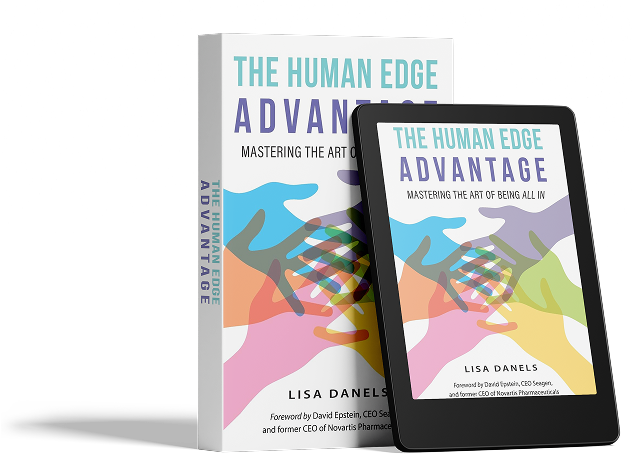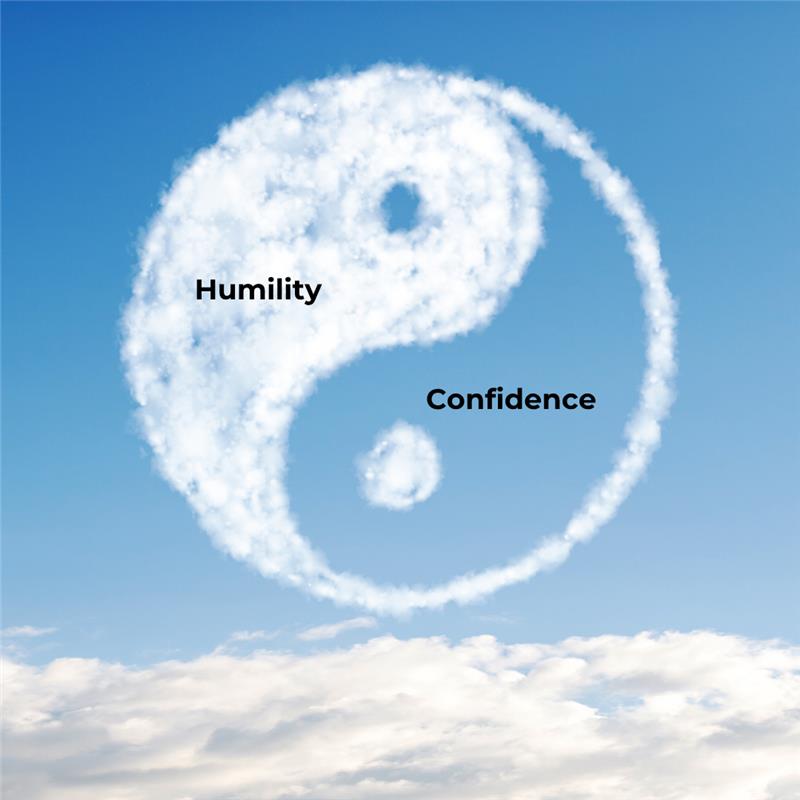This short guide to how to say no to new tasks will help you to balance your willingness to help others and your self-care.
“How can I say no? My team trusts me, and I cannot let them now!”
This is a question our coaches at human edge often hear. The typical person asking it is an intelligent, successful, and energetic individual. But despite their qualities, they feel overwhelmed. They lament to be tired. To have no time for themselves but also not have time for anything beyond routine: “It really affects my ability to think about strategies or the emotional effectiveness of my team”. And when every single moment is filled with work to do, any unexpected event – like a colleague going on maternity leave or a technological failure – requires a Herculean effort.
Saying no to new tasks seems the obvious choice when the workload is too high, but many of us feel uncomfortable in doing it. Most of the time, this is because we feel responsible for others and do not want to let them down. Why do we feel this way, and what can we do to regain control of our work balance?
How to say no is usually not what we are taught.
One of the most influential psychology books of all time is Alice Miller’s “The Drama of the Gifted Child”. Miller examines how gifted children often become adept at pleasing others, subordinating their own needs and desires in the process. These children, showered with praise for their intelligence, learn to prioritize the expectations of others above their own emotional well-being. Consequently, as adults, they struggle to assert their own needs and may experience difficulty confronting others.
Indeed, the grown-up gifted kid has learned that they do not need to take care of their own feelings and pains but need to behave like superheroes at the service of others’ needs. As they keep being praised and promoted at work, this behavioral pattern becomes even more engrained, while the person feels increasingly alienated or overwhelmed as they are unable to say “no”.
The need to be accepted
Social influences during childhood are probably not the only factors influencing our difficulty of saying yes. Indeed, it has something important in our fundamental way of being human. Human beings are social animals that could not survive in isolation. Therefore, they are genetically prompted to fear social rejection and to go above and beyond to be integrated into a social group.
The psychologist Paul Gilbert identified the way the evolutionary pressure of belonging to a group produces stress and fearful reactions. Those lead people into being hypercritical of oneself. In contrast, Gilbert suggests working on self-compassion by accepting our limitations and needs. This, sometimes, involves the ability of saying no.
So, how do you say no without becoming “the jerk”?
A first step to learn how to say no is self-awareness. It’s important to recognize and acknowledge your own limits and boundaries. Self-awareness helps understand what truly matters to you. In this way, you can understand in which situations saying no is important for taking care of the things you value the most. For example, you might accept to stay extra-time with a colleague if the cost is just missing a football match in TV. However, you want to say no when is your kid that is playing an important match at the local club. Making a list of your values and priorities can help you to have a mental map to guide you through the moments you have to say no.
Further, being self-aware means knowing your level of energy and calculate better what you can do while keeping a balanced and healthy life.
Love thy neighbor as thyself.
A second step in saying no without feeling like “the jerk” is understanding that setting boundaries and taking care of yourself is not selfish. It is essential for your well-being and ultimately benefits those around you. Remember the saying “love thy neighbor as thyself”?. Well, that includes loving and taking care of yourself too. Indeed, compassion is a skill that always had two faces: compassion for others and compassion for self. Think about a time when you said yes without really feeling you wanted to help out. Probably you hold some grudges for the person asking you to assist, rather than feel you are having mutual respect.
Communicate with respect
To say no without feeling guilty or like you’re letting someone down, it’s important to communicate clearly and respectfully. The psychologist Marshall Rosenberg identified some important steps to communicate in respectful and non-conflictual way. Rosenberg suggest to explain your subjective assessment of the situation, and then talking about your limitations and needs in a open manner. The person can then become your partner and you can act together to find alternative solutions that work. By being transparent and compassionate in your communication, you maintain positive relationships and prioritizing your own needs.
Remember why you said no
If you say no after having evaluated the situation with self-awareness you will have a good reason to not take on new tasks. Remember that reason, and express it clearly, if the other person insists. This should help you to keep assertive, and to only take on the new task if the original reason is addressed.
And what if the person that insists is your manager or boss, and they use their power to get a yes from you? You might want to read our post on how to “manage up!
How to say no: a summary
In summary, strategies for regaining control of your work balance and saying no without feeling like “the jerk” include:
- Recognize and acknowledge your own limits and boundaries through self-awareness.
- Make a list of your values and priorities to guide you in knowing when to say no.
- Understand that setting boundaries and taking care of yourself is not selfish, but essential for your well-being.
- Remember the importance of compassion for yourself as well as for others.
- Communicate clearly and respectfully. Explain your subjective assessment of the situation, your limitations, and your needs.





